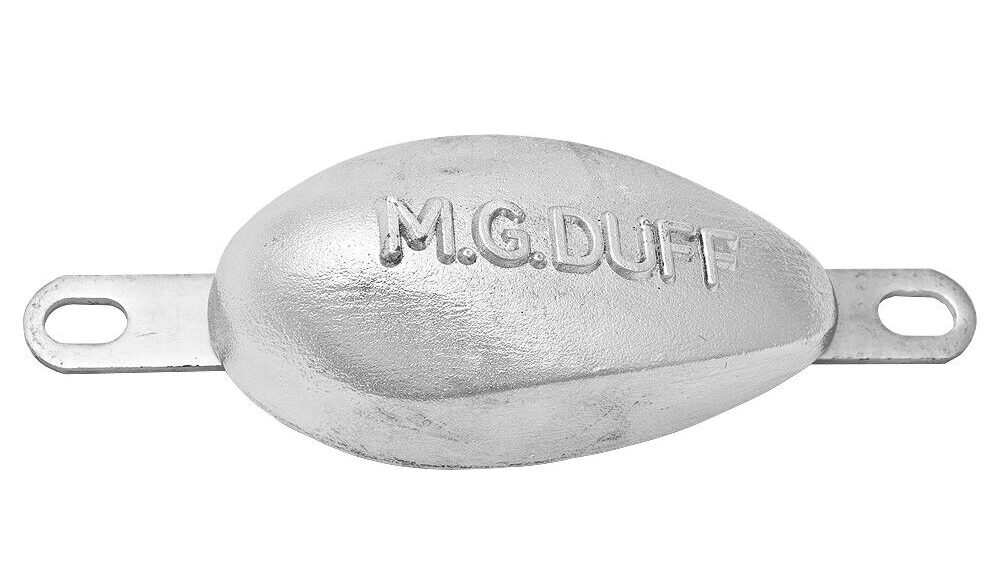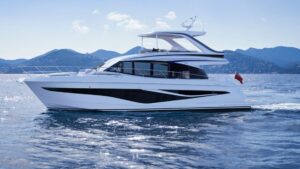Boaters urged to replace ‘harmful’ zinc anodes

The Clean Harbours Partnership (CHP) — a UK-based partnership raising awareness of harbour pollution — has urged boaters and major boat manufacturers to replace zinc anodes with aluminium as standard to reduce environmental damage.
CHP, which is formed of local interest groups around Chichester and Langstone Harbours, has been studying the release of metals, particularly copper and zinc, by recreational vessels into the marine environment. CHP highlights that, in 2020, the Institute of Marine Sciences at Portsmouth University in the UK calculated that approximately 900 tonnes of zinc is released into UK coastal and inland waters by recreational vessels in an average year.
“The problem is metals do not degrade. They accumulate in the ocean and in sediment on the sea bed, where organisms at all levels in the food chain ingest them,” says James Collings Wells of the Clean Harbours Partnership. “Zinc anodes also contain cadmium, which is harmful to marine life, whereas aluminium does not.
“While aluminium anodes are being used by some of the UK’s major boat manufacturers, evidently, they are not being used widely enough. We urge boatbuilders and boaters across the UK to switch to using aluminium anodes.”
Aluminium alloy is more environmentally friendly and has several important advantages over zinc as an anode material. Its higher driving voltage makes it particularly effective in brackish water, and its higher electrochemical capacity means that the same-sized anode will last longer.
Aluminium anodes are more environmentally friendly, lighter, and longer-lasting says the Clean Harbours Partnership, which advises that when changing from zinc to aluminium alloy, all external anodes should be replaced at the same time. However, this does not apply to zinc anodes in the engine water cooling system if the two bodies of water are separate.
If an anode erodes more quickly than expected, it’s worth looking for an electrical problem causing stray current. Addressing this would reduce the amount of metal shed by the anodes into the environment, CHP says. Prolonged connection to shore power without a galvanic isolator can have the same effect.










